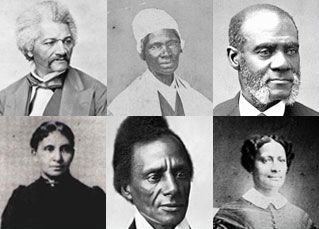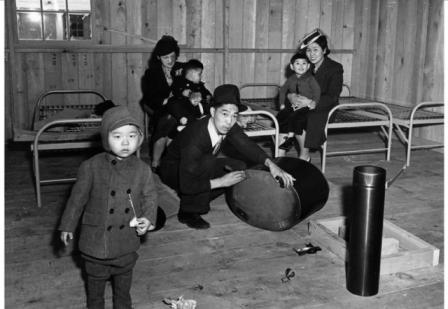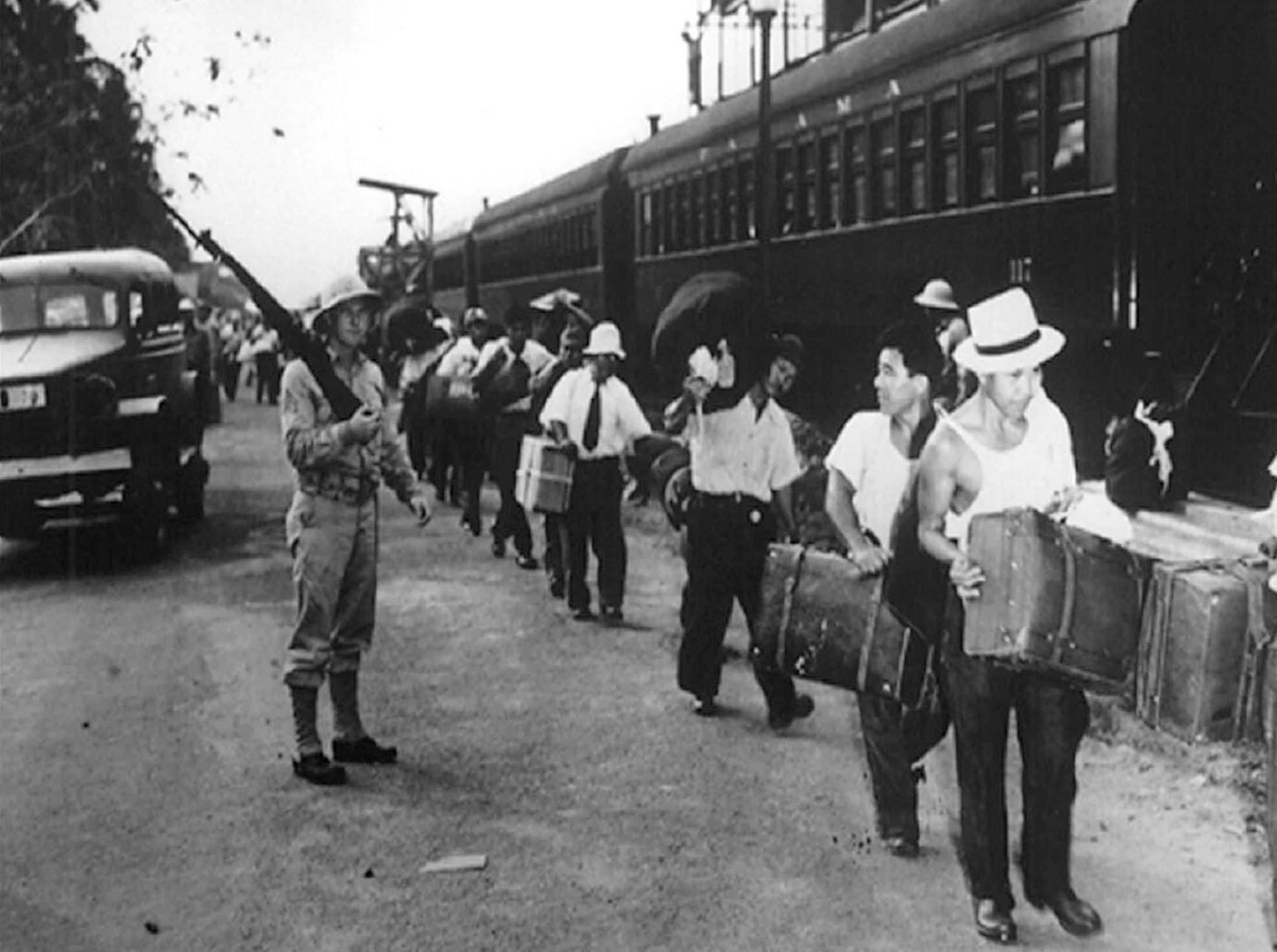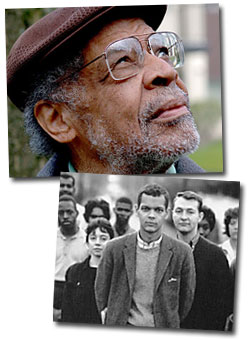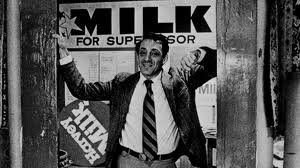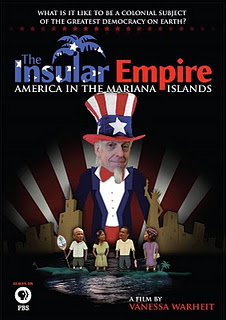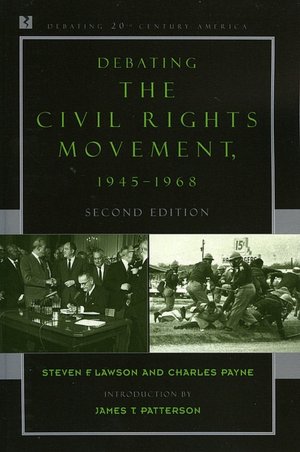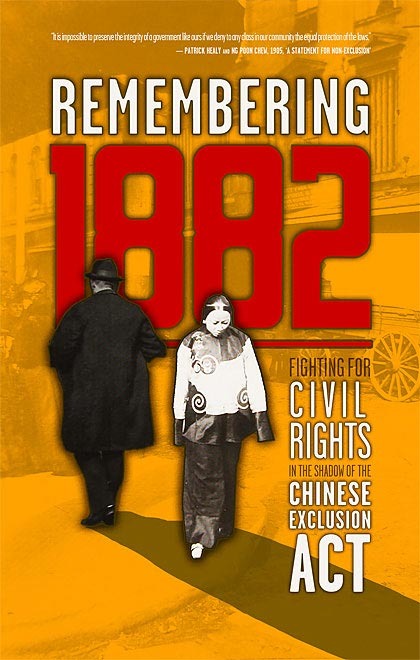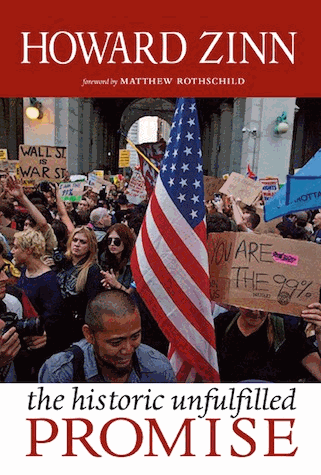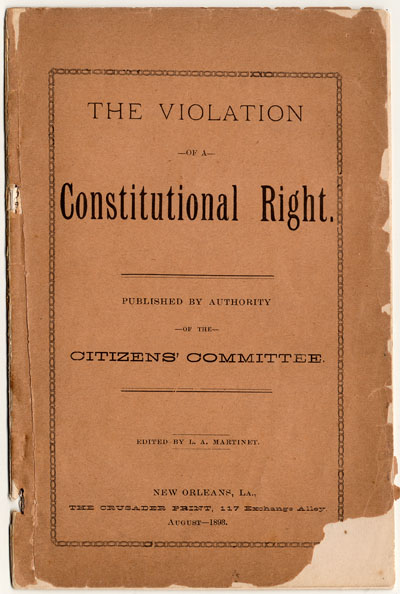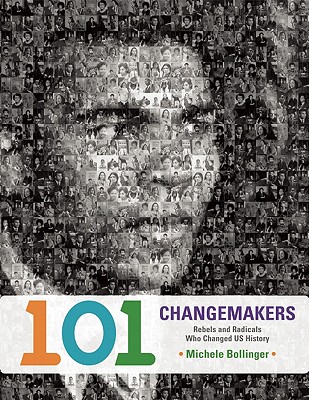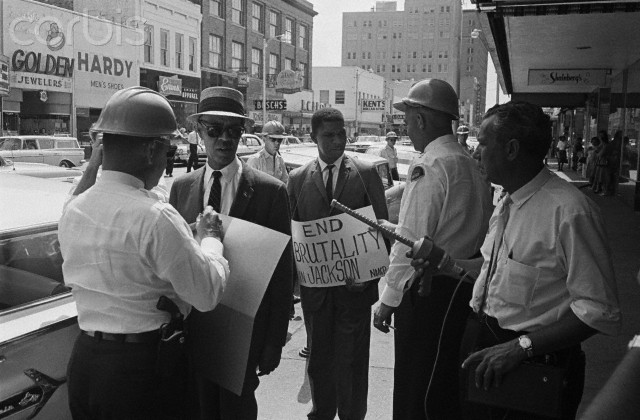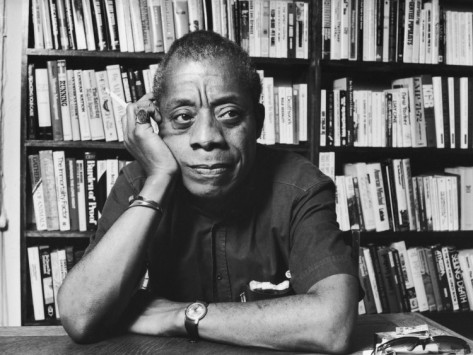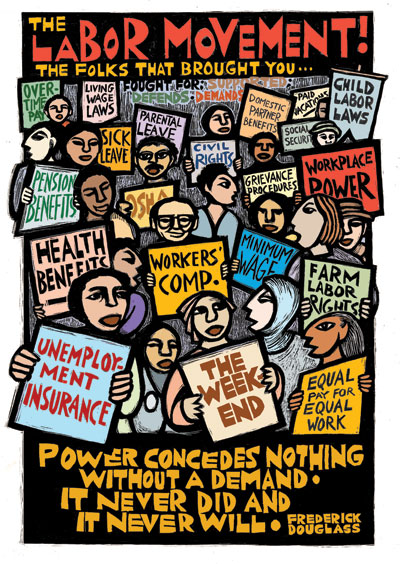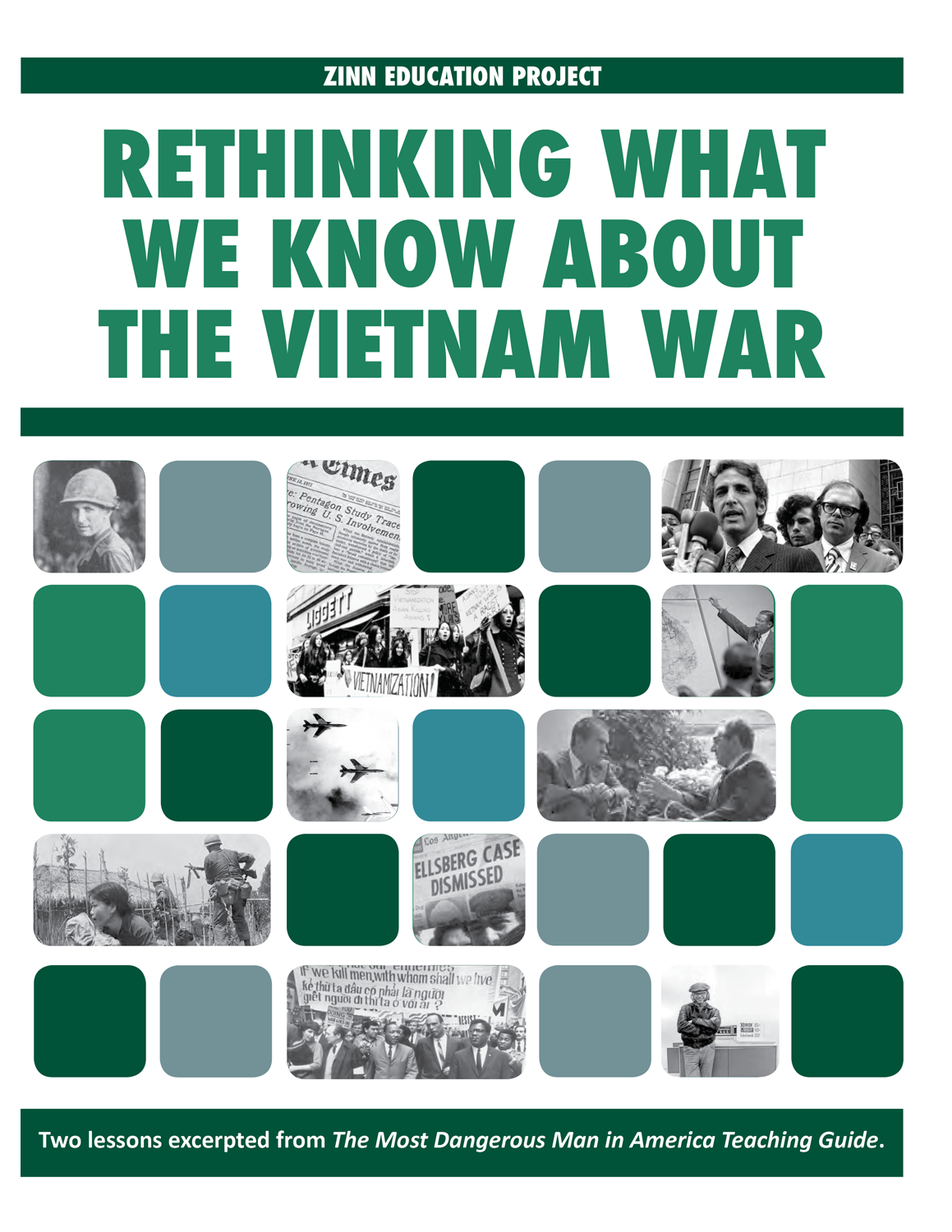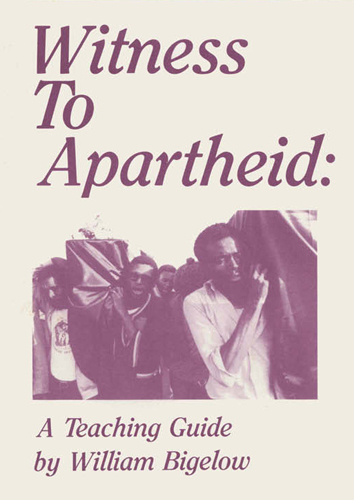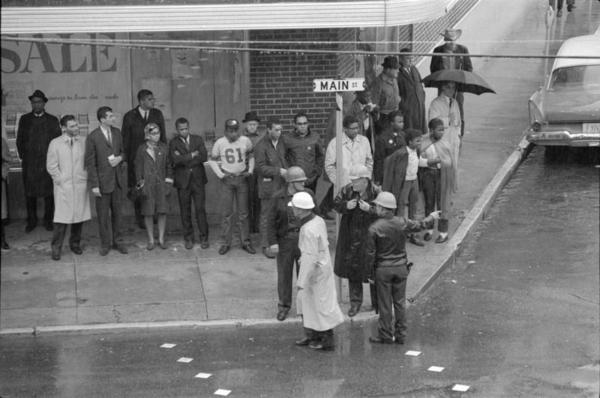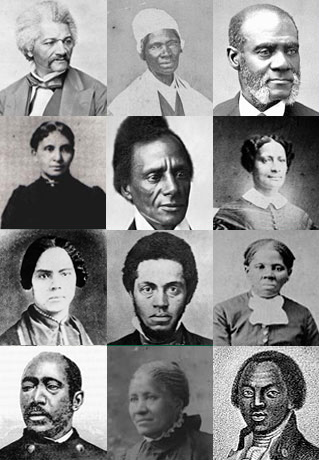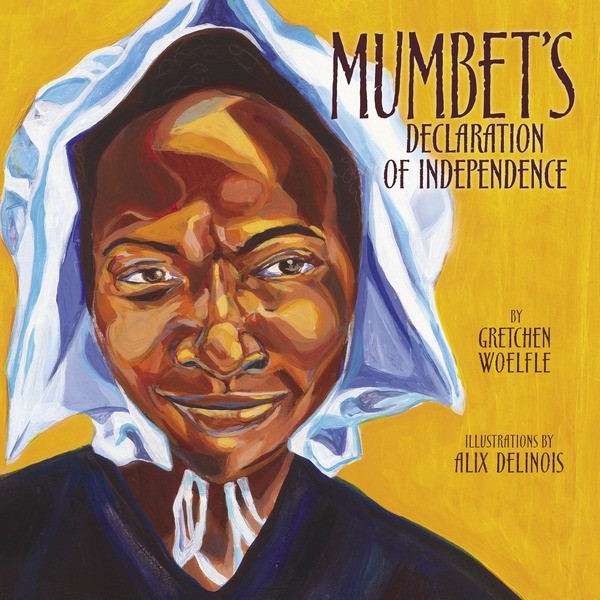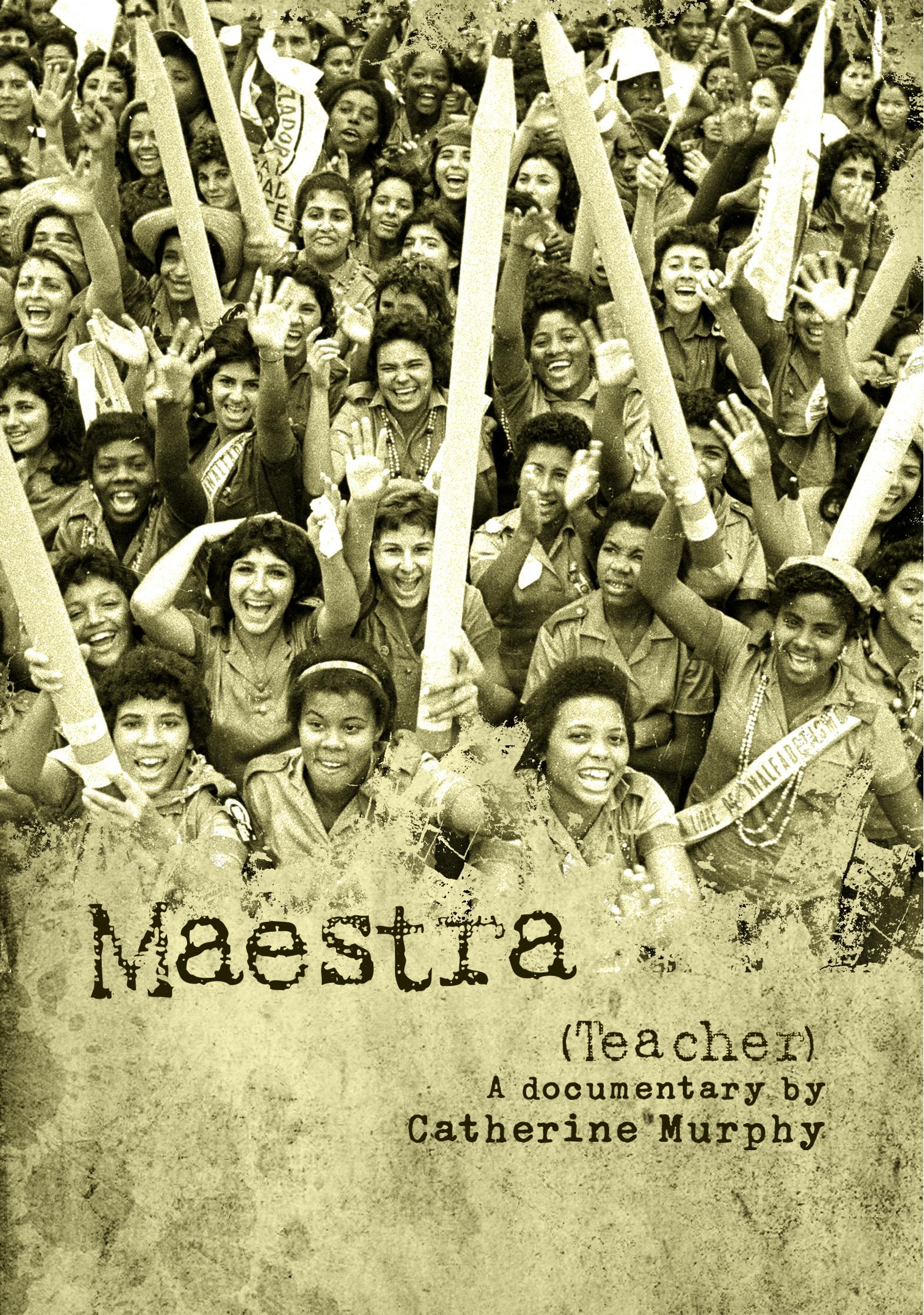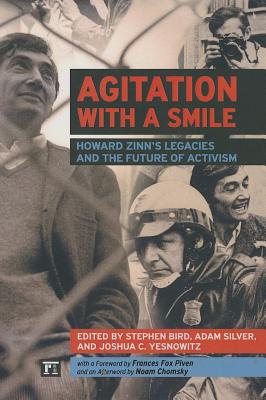Teaching Activity. By Bill Bigelow. Rethinking Schools. 16 pages.
In this lesson, students explore many of the real challenges faced by abolitionists with a focus on the American Anti-Slavery Society.
Continue reading
Teaching Activity. By Katie Baydo-Reed. Rethinking Schools. 10 pages.
Students hold a mixer and a mock trial in preparation for reading literature about internment.
Continue reading
Teaching Activity. By Moé Yonamine. Rethinking Schools. 18 pages.
Poetry, photography, and text are used in this role play to teach about the seldom told history of Japanese Latin American internment during WWII.
Continue reading
Digital collection. Explores the historical context and stories of individuals who have been targets of U.S. government surveillance during the 20th century.
Continue reading
Film. Directed by Rob Epstein. 1984. 90 minutes.
Documentary on the political career and assassination of Harvey Milk, San Francisco's first openly gay supervisor.
Continue reading
Film. Directed by Vanessa Warheit. 2009. 60 minutes.
Documentary about U.S. colonies in the western Pacific.
Continue reading
Book — Non-fiction. By Stephen Lawson and Charles Payne. 2006. 227 pages.
Introduces and examines the complex story of the modern Civil Rights Movement as it should be taught, providing key background information and analysis for teachers.
Continue reading
Website.
Primary documents, historical background, and more on the Chinese Exclusion Act and the history of Chinese American struggles for civil rights.
Continue reading
Book — Non-fiction. By Howard Zinn. 2012. 184 pages.
Compilation of articles Zinn penned for The Progressive magazine from 1980 to 2009.
Continue reading
Article. By Keith W. Medley.
The role of the Comité des Citoyens and The Crusader newspaper in the Plessy v. Ferguson case.
Continue reading
Book — Non-fiction. By John Booth, Christine Wade, and Thomas Walker. 2014. 374 pages.
A primer on the history of Costa Rica, Nicaragua, El Salvador, Guatemala, and Honduras.
Continue reading
Book — Non-fiction. By Lise Pearlman. 2012. 800 pages.
Brings to life 20th century court cases and protests that played a major role in U.S. history.
Continue reading
Book — Non-fiction. By Michele Bollinger and Dao Tran. 2012.
A collection of 101 brief and accessible profiles of rebels, radicals, and fighters for social justice.
Continue reading
Profile. By Dernoral Davis.
Medgar Evers (July 2, 1925—June 12, 1963), Civil Rights Movement activist in Mississippi.
Continue reading
Website. Interactive timeline that connects moments in history related to the prison industrial complex.
Continue reading
Profile.
A brief biography of James Baldwin, writer and social critic.
Continue reading
Teaching Activity. By Bill Bigelow and Norm Diamond. 3 pages.
This lesson introduces students to Bertolt Brecht’s poem, A Worker Reads History. Students reflect on the creative role of workers in making history.
Continue reading
Teaching Activity. By Bill Bigelow and Norm Diamond. 7 pages.
This lesson teaches some of the nuts and bolts of labor unions and then moves beyond to ask students to consider what rights they have at work, and to recognize that “rights” depend in large part on what people have fought for and won.
Continue reading
Teaching Activity. Zinn Education Project. 21 pages.
Two lessons to introduce key facts about the Vietnam War and the Pentagon Papers, documents that provide essential history that is often ignored by textbooks.
Continue reading
Teaching Guide. By Bill Bigelow. 1987. 24 pages.
Lessons and activities that accompany the 1986 film Witness to Apartheid.
Continue reading
Article. By Howard Zinn. From Chapter 6 of You Can't Be Neutral on a Moving Train.
Zinn describes the Student Nonviolent Coordinating Committee (SNCC) voting rights campaign called Freedom Day in Hattiesburg, Miss.
Continue reading
Profiles. Zinn Education Project. 2014.
Brief biographies of 25 Black abolitionists.
Continue reading
Picture book. By Gretchen Woelfle. Illustrated by Alix Delinois. 2014. 32 pages.
Picture book about true story of Elizabeth Freeman, a woman who challenged the legality of her enslavement.
Continue reading
Film. By Catherine Murphy. 2013. 32 minutes.
Documentary about the successful 1961 literacy campaign in Cuba.
Continue reading
Book — Non-fiction. By Stephen Bird, Adam Silver, and Joshua Yesnowitz. 2014. 274 pages.
Engage the various complexities and tensions present throughout Howard Zinn's work and subject them to a 21st century assessment.
Continue reading

